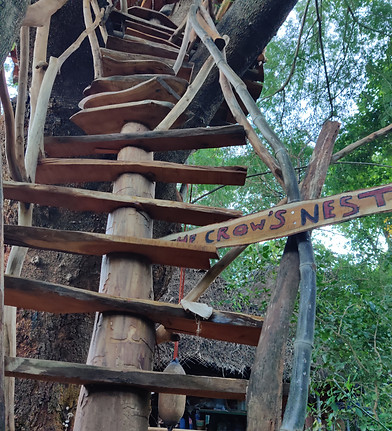SEA
We are told that the current system is the only game in town
"There Is No Alternative to Never-Ending Economic Growth".
But what if there is another story?

Social Entrepreneurship Association
One that acknowledges that we are in a serious emergency AND we have a chance to do something about it?
At the Social Entrepreneurship Association (SEA), we host a hub of initiatives and explorations that aim to respond honestly
to the state of the world.

FAQ - GSR Summer School '24
If you’re in a rush or already know where you want to go,
tap on the links below
BUT
If you want to explore the world through our lens, scroll on…
Pursuits
We think of ourselves as a young forest.
We trust that life can blossom from a seed of an idea, and the seed that brings our forest alive is our belief that something in the world is not right.
That humankind can be… kinder.
To the world and to itself.

Our journey began with that single seed germinating into our pioneer species, offering a canopy for the growth of new ideas, new developments, and new explorations.
We are fragile, susceptible to the changes around us, and are deeply affected by the system entrenched in the world.

But we're also persistent, and determined.
We know that we have the potential to improve the world around us, collaborate with and learn from other "forests", and we're resilient in our conviction that finding a balance between economic growth and
sustainability, and between globalisation and communitarianism can no longer be just a vision. It's the only way for our civilisation and planet to prosper holistically.

There are hurdles, of course.
But the only way we know to cross them is by acknowledging that we don’t have all the answers.
A forest is never a monoculture.
Everyone plays a role in keeping the ecosystem not just afloat, but thriving.
Similarly, we believe that we can’t create a New Story in isolation.
The New Story isn’t the story of SEA. It’s the story of the more beautiful world our hearts know is possible, of which SEA isn’t a mere observer.
Like a forest, we can’t function as a silo.
Our relationship with the world is symbiotic. While we’re deeply connected to the world within us, we affect and are affected by the larger ecosystem outside of us that encompasses every living being.


Thus, cross-pollination is integral to the change we hope to help catalyze in the world.
We deeply believe in exploring diverse perspectives that offer a glimpse into a part of the puzzle that we may not yet have discovered, but what may help create the New Story of our world.
You are now (hopefully) better equipped to understand why we do what we do.
Help our forest grow!
Because one of the many perspectives that could shine a light
on a critical piece of the puzzle could be yours.